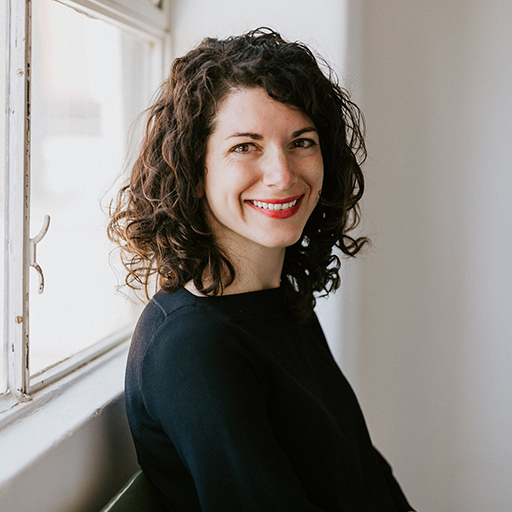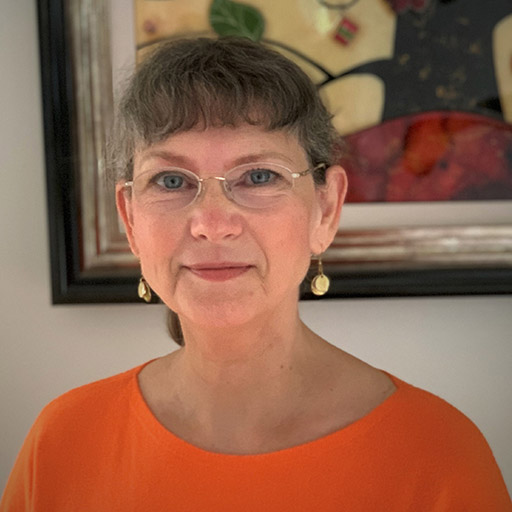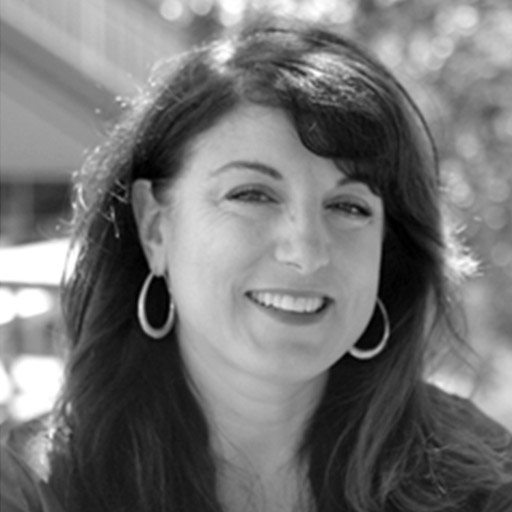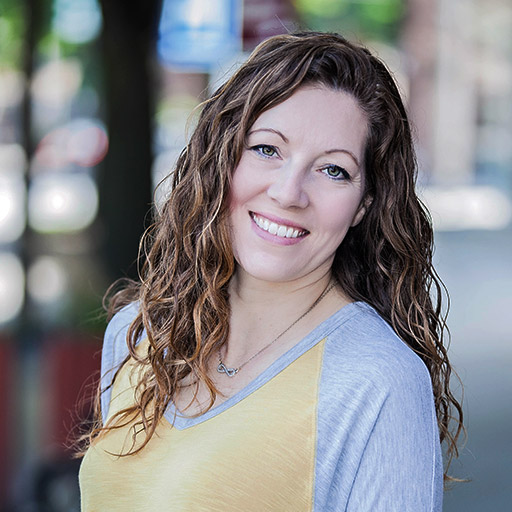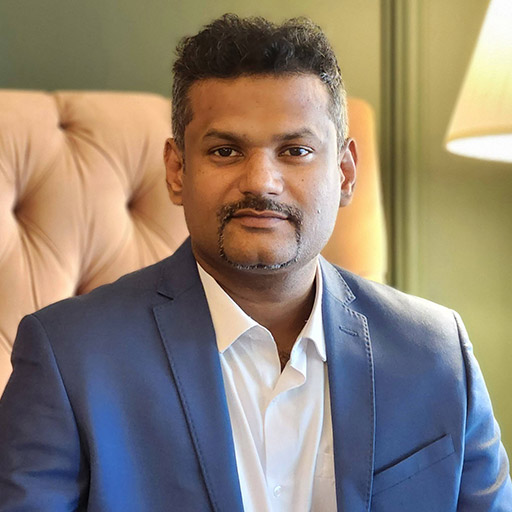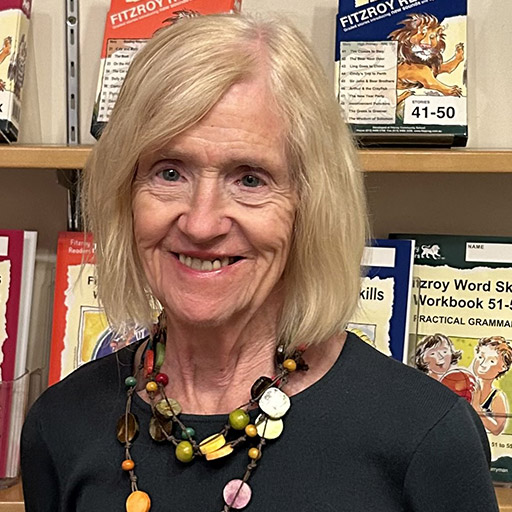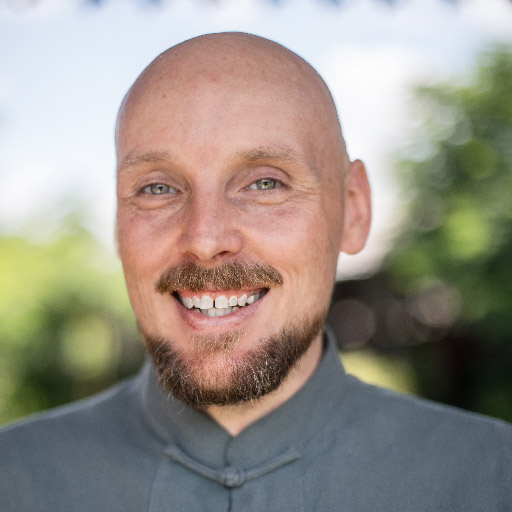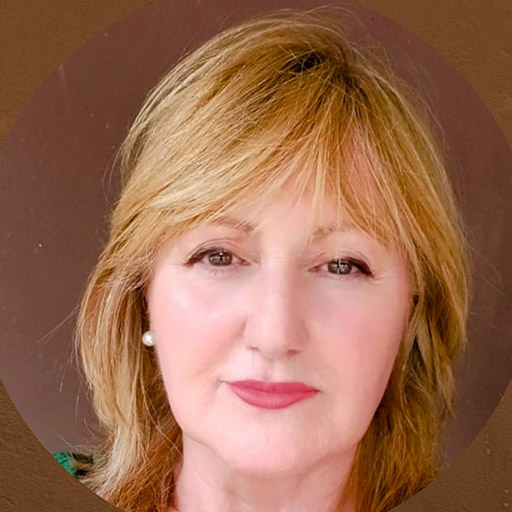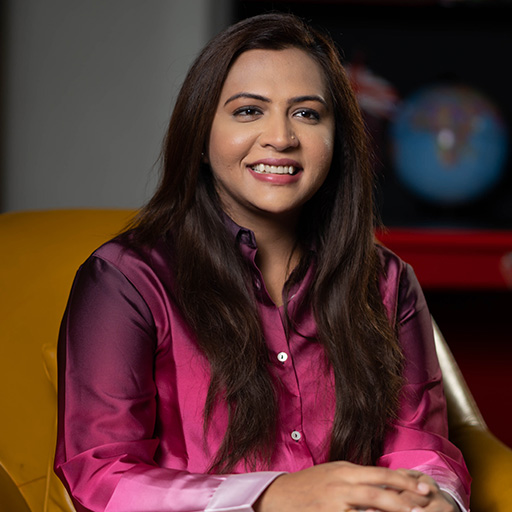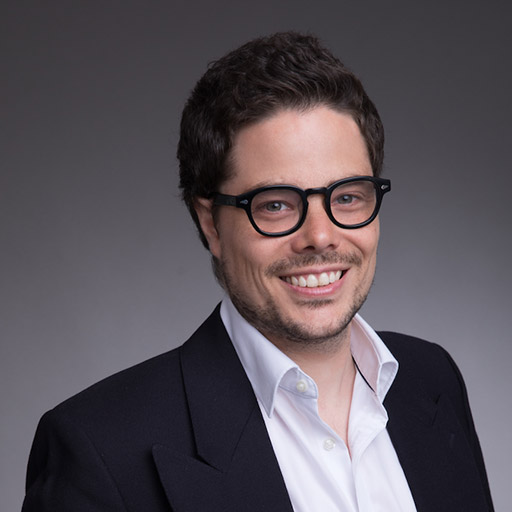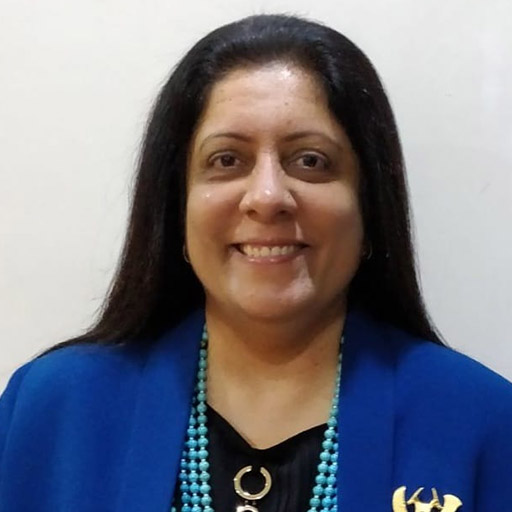
Swati Popat Vats
Country: India
Swati Popat Vats is a renowned Indian education, parenting mentor, and author with over 38 years of experience in early childhood education. She is the President of the Early Childhood Association (ECA) India, the Association for Primary Education and Research (APER), and the Podar Education Network. Swati is also the founder of Podar Jumbo Kids and Podar Prep.
Her international contributions include serving as the Early Years Consultant and Series Editor for the Cambridge International Early Years Programme in India, as well as being on the advisory board of Cambridge University Press and Assessment South Asia. Swati is a global thought leader in early years education, curriculum design, and brain development, and is the founding expert behind Born Smart, the world's first video-based parenting platform focused on the first 1000 days of a child's life.
Know more| https://www.linkedin.com/in/dr-swati-popat-vats-73017315/ | |
| Watch and Learn | YouTube, TEDx - Innocence, TEDx - Storytelling, and, Facebook |
